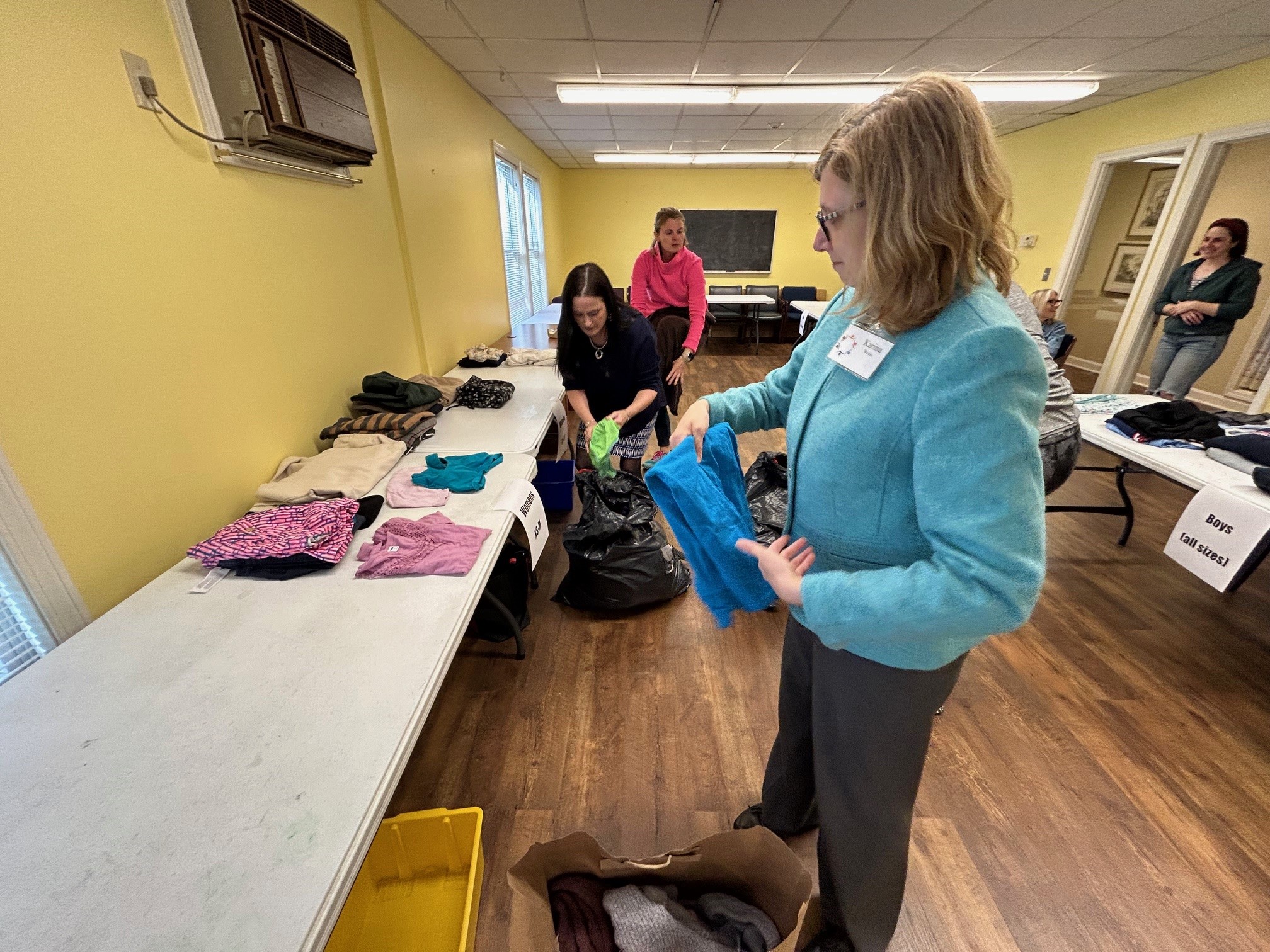A group from Yale has made an amazing discovery in Egypt. They have come across a 3,500-year-old settlement in a desert oasis with a massive baking facility that might have been used to feed troops. It is a millennium older than previous discoveries in the area.
For the past year, members of a Yale University expedition have been excavating the settlement at Umm el-Mawagir in Egypt's Kharga Oasis, more than 300 miles south of Cairo.
"The amount of bread production was pretty amazing," said John Darnell, head of the expedition. They found ovens, bread molds and storerooms at the site, far out of proportion to its size. "It's probably a good bet they were basically baking enough bread to feed an army, literally."
Yale University has undertaken an 18-year Theban Desert Road Survey to rediscover old trade routes and determine the level of interaction between the peoples who live in the Nile and the Sahara Desert region in ancient times.
The site, which was home to a few thousand inhabitants, includes remnants of mudbrick buildings, similar to those used for administrative purposes in the Nile Valley to the east, suggesting close contact between the two regions.
The settlement sheds light on ancient Egypt's Second Intermediate Period -- 1600-1569 B.C. – a time when the Egyptian pharaohs were trapped between the Hyksos invaders of Asia in the north and a Nubian kingdom in the south.
The ancient routes stretched from the Darfur region in Sudan through the oases and the Nile Valley up to the ancient Palestine and Syria, with long caravans of donkeys bringing wines, luxury goods and wealth along with them. It would at least be 1,000 years before the camel made its appearance.
Local
The oases and trade routes were likely key to the survival of the Egyptian kingdom.
"2,000 years ago these (oases) were major trade emporia where you would have been passed everyday by caravans bringing in much more exotic material than you could find in Kharga Oasis today," he added.
Discoveries over the last several years, have increasingly highlighted the importance of the oases in ancient Egypt. Finds such as the "golden mummies" dating from a 1,000 years later discovered in 1999 in Bahariya Oasis indicate these communities' wealth and prosperity.



